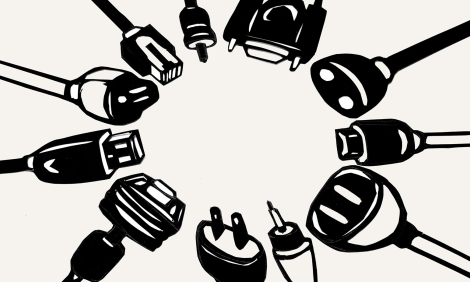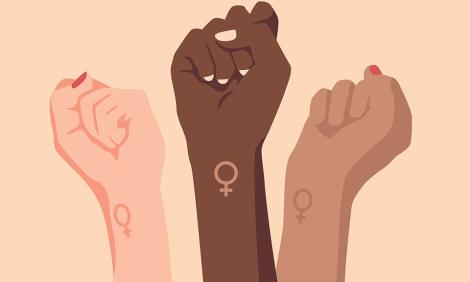
Publication
Submission to the UN Special Rapporteur: online gender-based violence in the context of COVID-19
In this submission to the UN Special Rapporteur on violence against women, APC and partners organizations identify the nexus between domestic violence and online gender-based violence in the context of COVID-19.

Editorial
Fixing the glitch
A glitch is a problem or fault that prevents something from being successful or working as well as it should. Seyi Akiwowo describes how online gender-based violence and harassment are the glitches we need to fix, so that the potential of the internet and technology to build and make connections and to solve some of humanity's problems can be fulfilled.
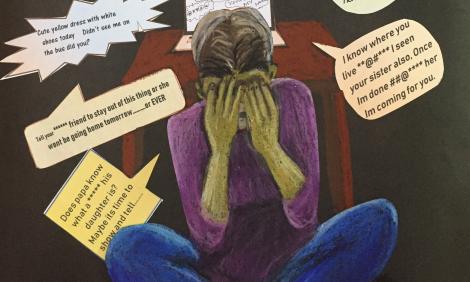
Publication
Submissions to TO United Nations SPECIAL RAPPORTEUR: ONLINE VIOLENCE AGAINST WOMEN
Here is a compilation of the submissions from different countries including Democratic Republic of Congo, Malaysia, Pakistan, and Bosnia-Herzegovina to the Special Rapporteur for Violence Against Women on online violence against women.
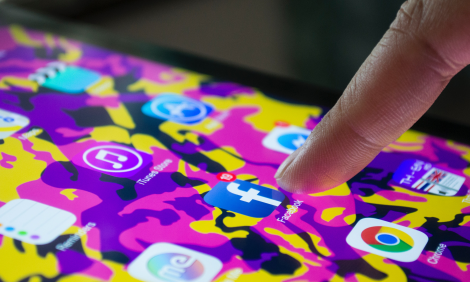
In depth
A technopolitical approach to online gender-based violence
Technology is not gender neutral and this article shows how social media companies and tech corporations play a role in perpetuating online gender-based violence. What we need is a critical examination of the tools available and their underlying techno-politics so we can create community alternatives for feminist communication.
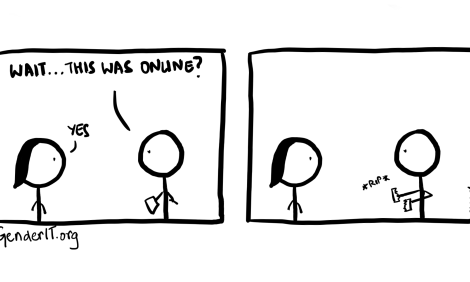
Column
[COLUMN] Sanitary Panels on facing threats online (COMIC)
Sanitary Panels is an ironic yet hard hitting series where social commentary masquerades as humour and makes us rethink many of our assumptions. This comic explores aspects of gender and technology including discrimination faced by women in STEM (science, technology, engineering, mathematics) education and careers. In this comic Sanitary Panels looks at how police and society react when women…
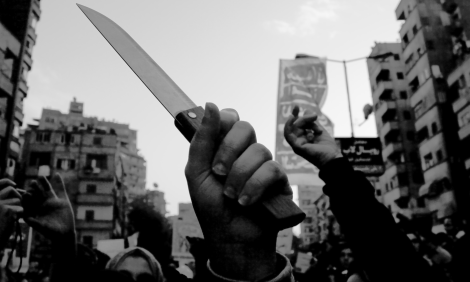
Feminist talk
Online violence faced by outspoken activists: the case from Egypt
Online violence and harassment mirrors the realities of persecution in the "real world" and extends the avenues for prejudice and discrimination. In Egypt, outspoken activists and Nubian people supporting the cause of Nubians to their own land and also speaking out about race and skin colour-based prejudice face virulent online attacks and are also banned by the Egyptian government.
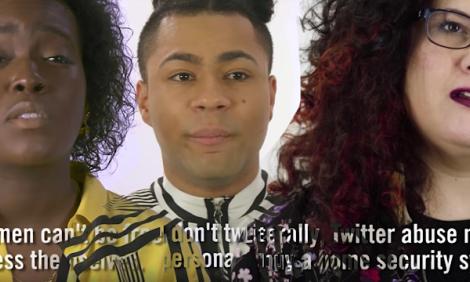
Feminist talk
Toxic Twitter: Amnesty International report on social media and online violence
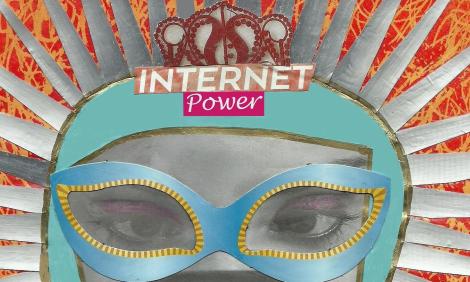
We can be heroes: Towards public and legal recognition of online gender-based violence
Online violence, bullying, harassment, theft of identity, non-consensual circulation of intimate images - are now being recognised as offences in most countries, and acknowledged in public discourse as misogyny and attempts to silence women and gender-diverse people from participation in public life and denying them their rights to free expression and association, especially online. This…
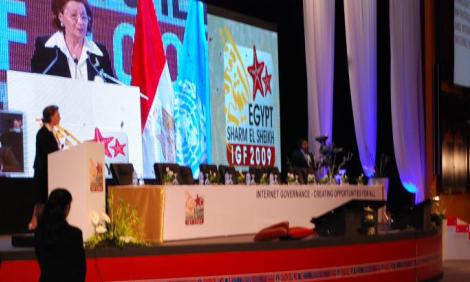
Editorial
[EDITORIAL] Recognition of online GBV in international law: the highs and lows
Over a decade of consistent work around visibility of online GBV has led to finally a report by the Special Rapporteur on Violence against Women that specifically addresses this phenomenon. Jan Moolman sketches out a brief timeline of the milestones towards the recognition of online GBV, and this has included advocating for inclusion of sensitive language within international law and…
